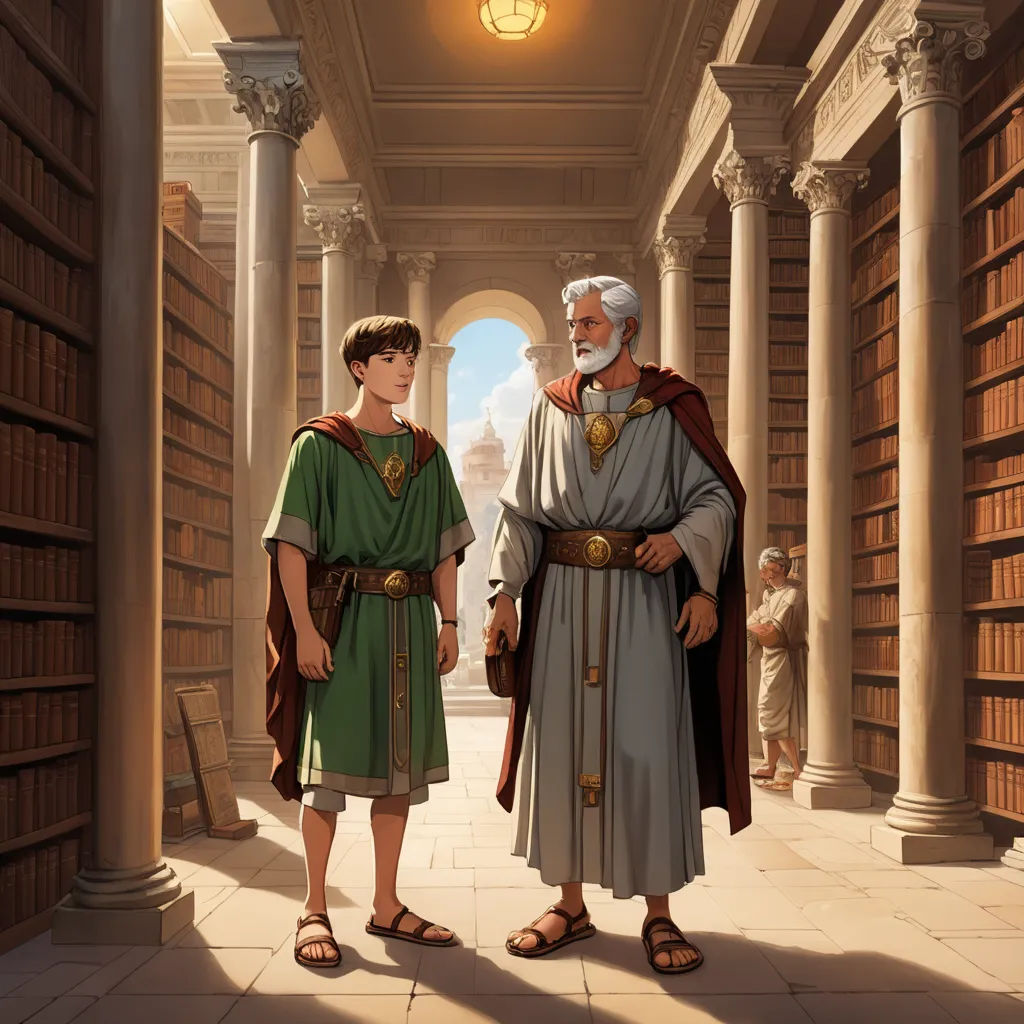
The Roman Riddle
By luke.scott93

21 Feb, 2024
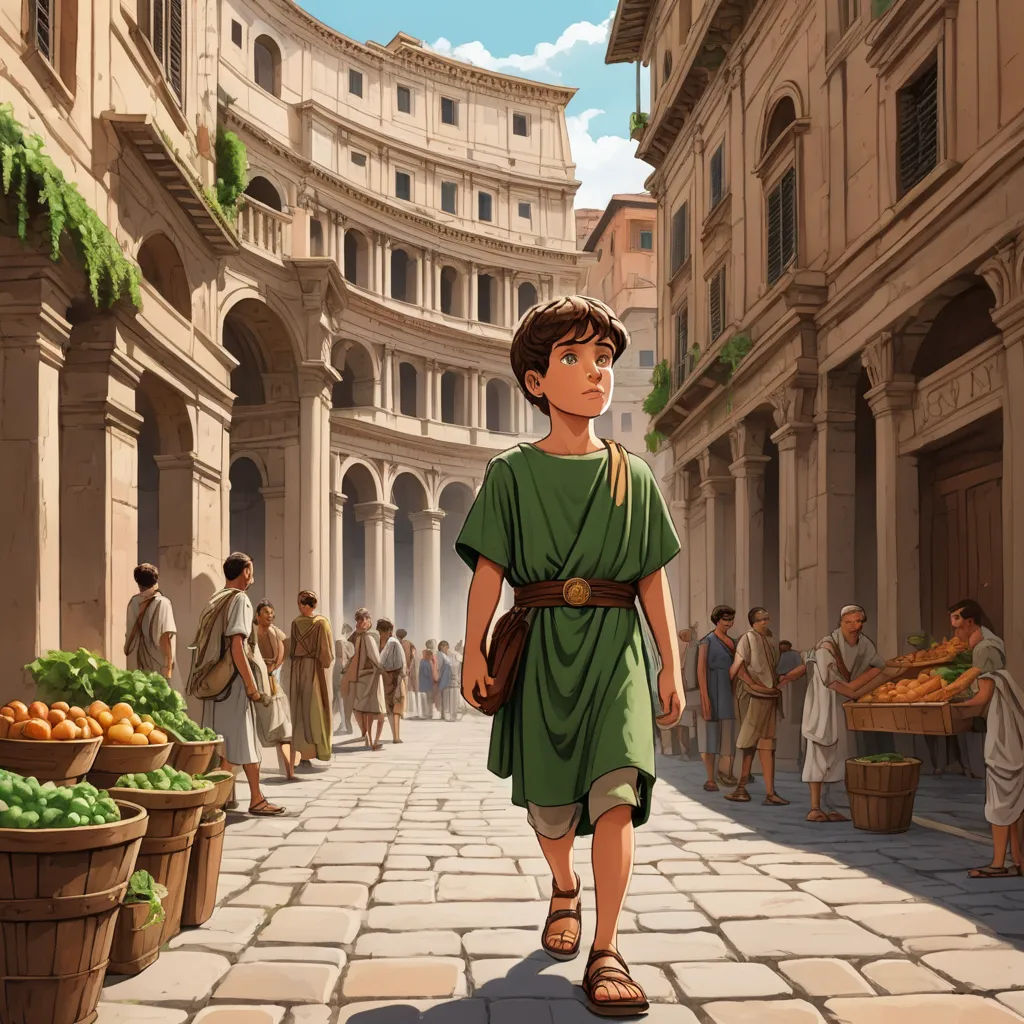
Once upon a time, in the heart of the Roman Empire, lived a curious boy named Marcus. Marcus had a thirst for knowledge and loved to explore the hidden corners of Rome.
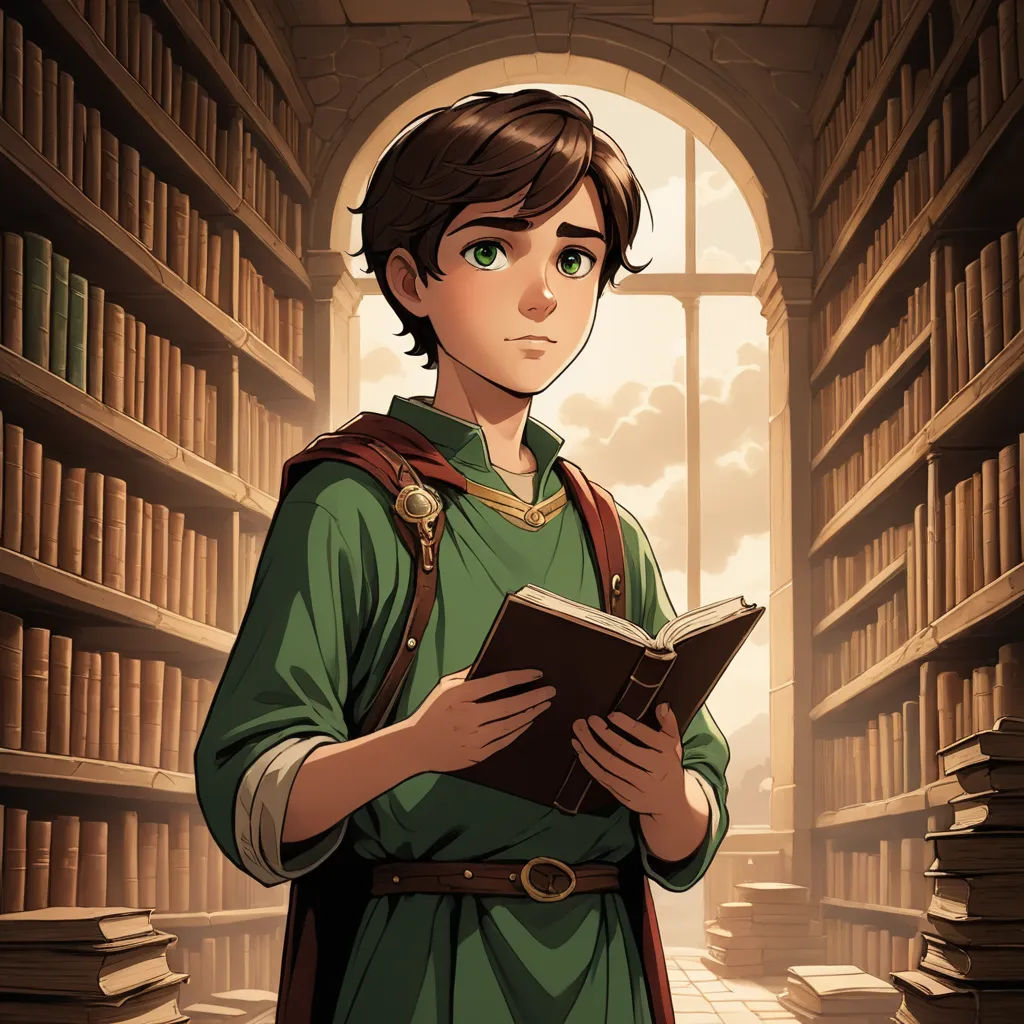
One day, Marcus found an old, weathered parchment in the library of his father. On it was a riddle, promising to reveal the secrets of the empire.
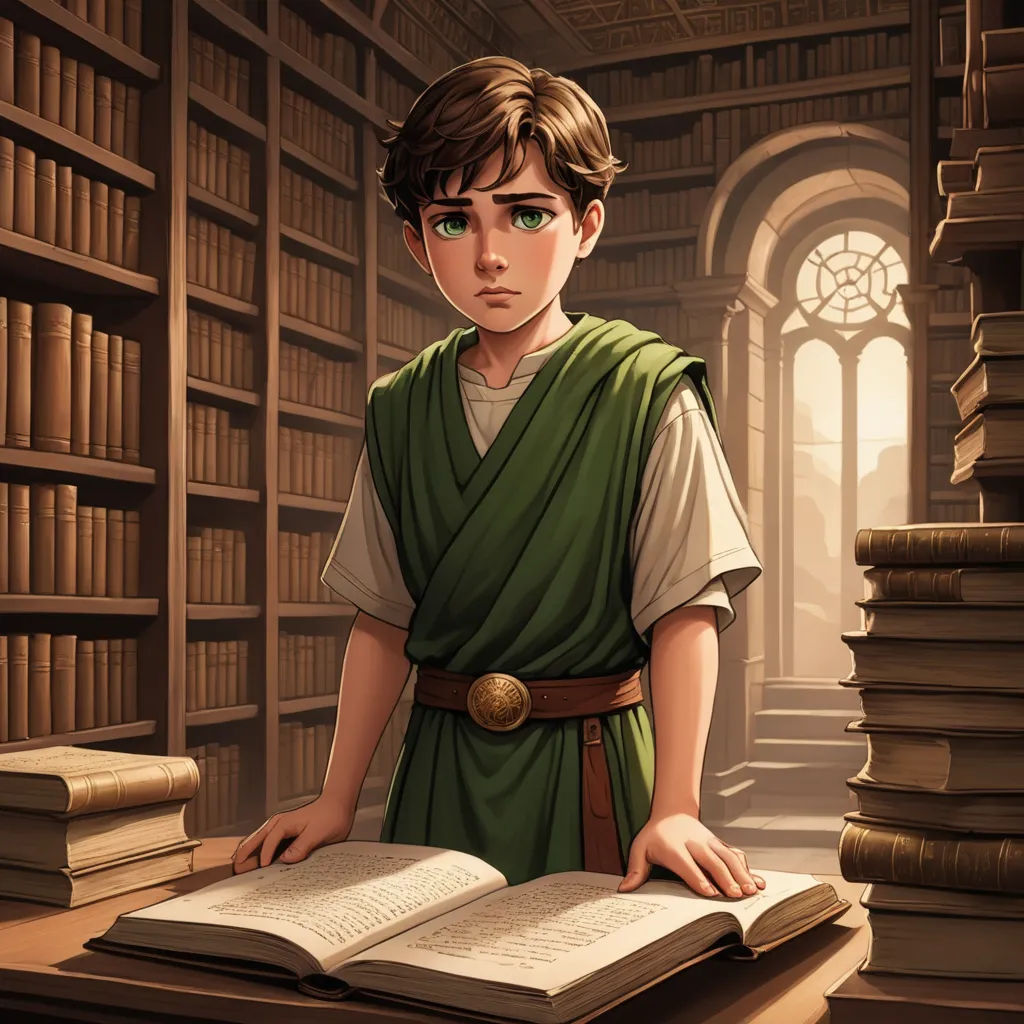
Marcus was intrigued. He spent hours trying to decipher the riddle, but it was too complex. He needed help from someone who knew more about the empire's history.

The next day, he went to his teacher, a wise man named Lucius. Lucius was a scholar and knew much about the Roman Empire's history and culture.
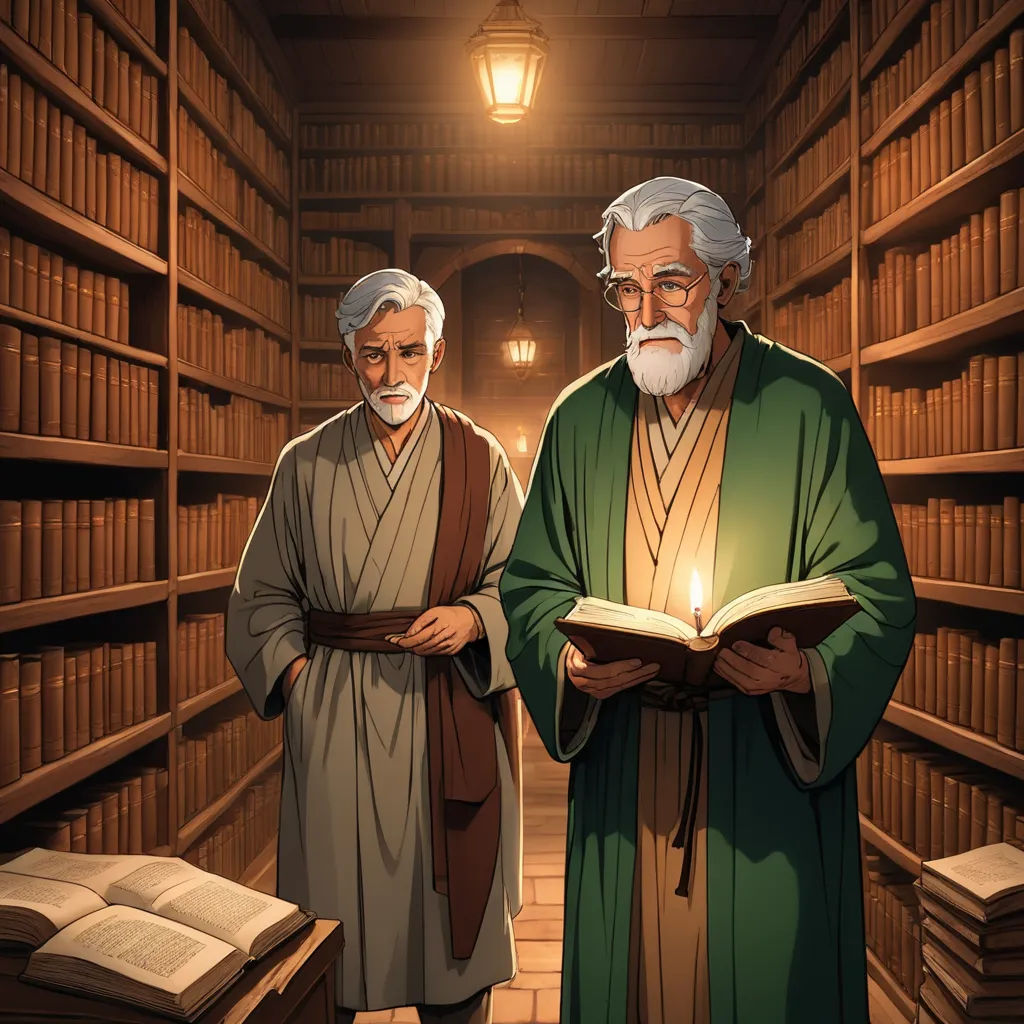
After hearing about the riddle, Lucius was intrigued. He agreed to help Marcus and together, they began to unravel the mystery.
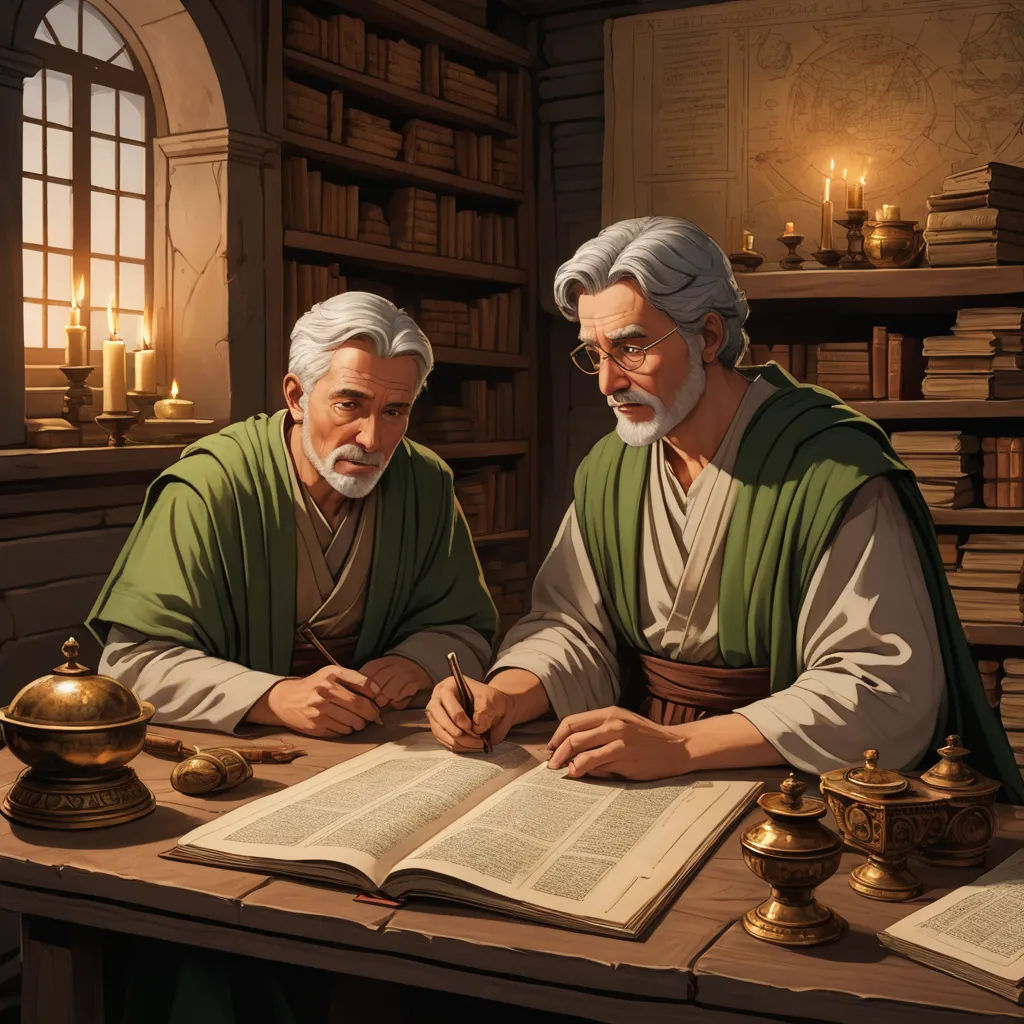
Over several days, Marcus and Lucius poured over ancient texts and maps, trying to solve the riddle. Slowly, they began to see patterns and clues.
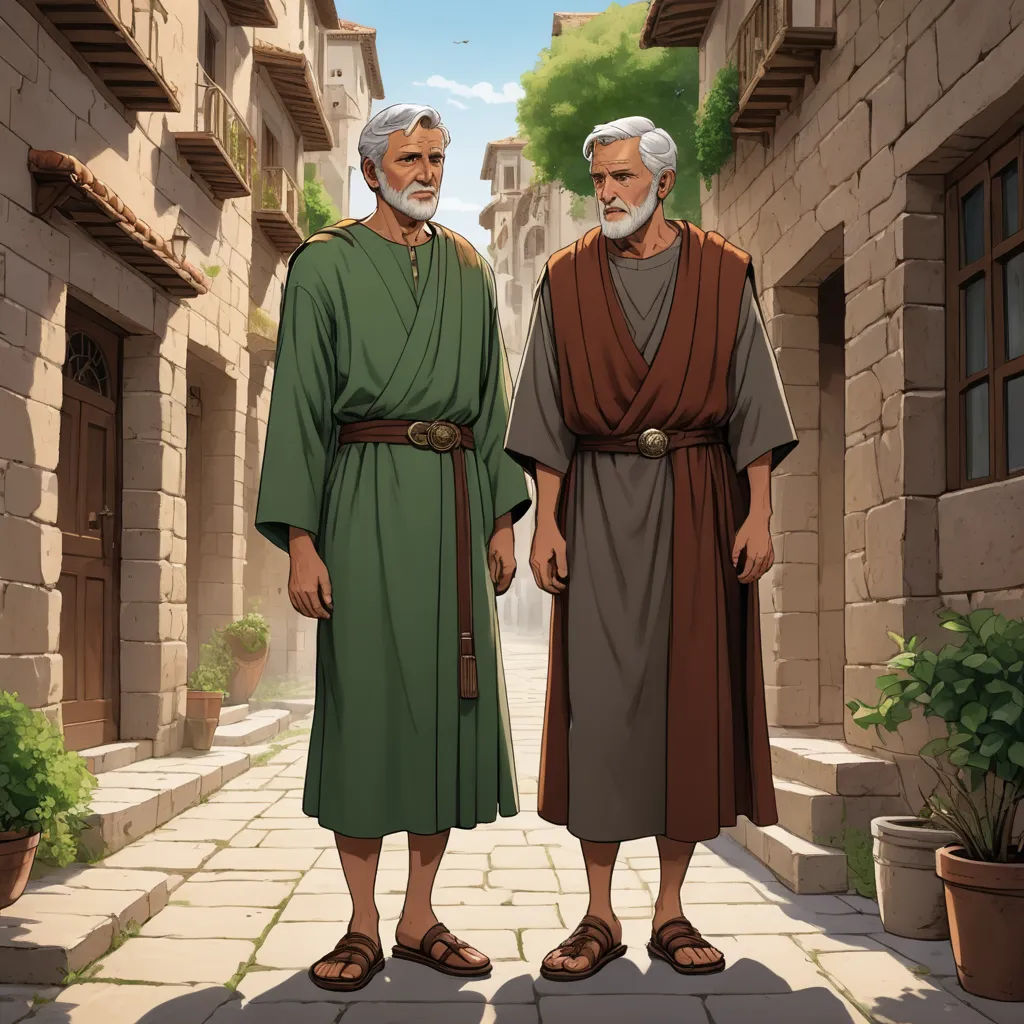
They discovered that the riddle was a map, leading to a hidden part of the city. It promised great secrets, but they had to be brave enough to venture into the unknown.

With the help of Lucius, Marcus deciphered the last part of the riddle. It led them to an old, forgotten part of the city, hidden beneath the bustling streets of Rome.
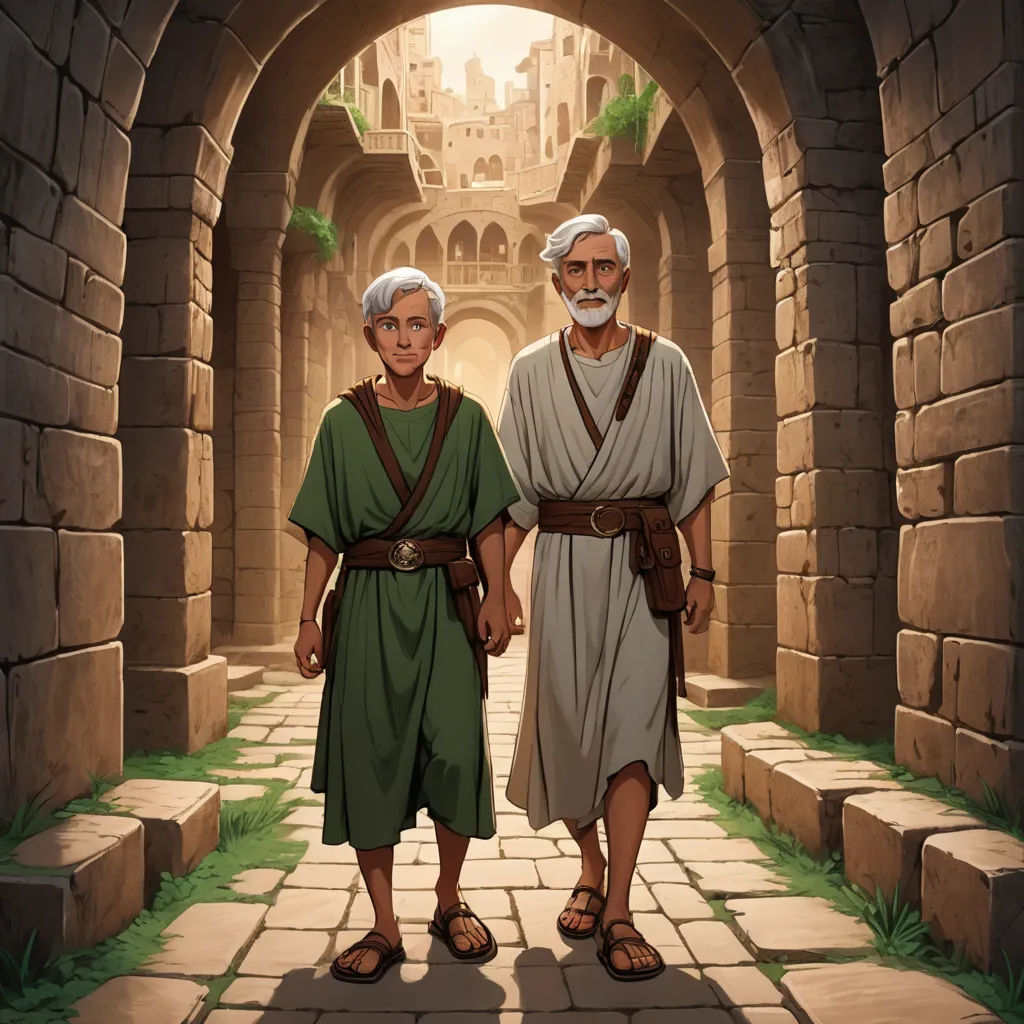
Marcus and Lucius ventured into the underground city, armed with nothing but a torch and the riddle. The air was cool and damp, and the stone walls echoed with their footsteps.
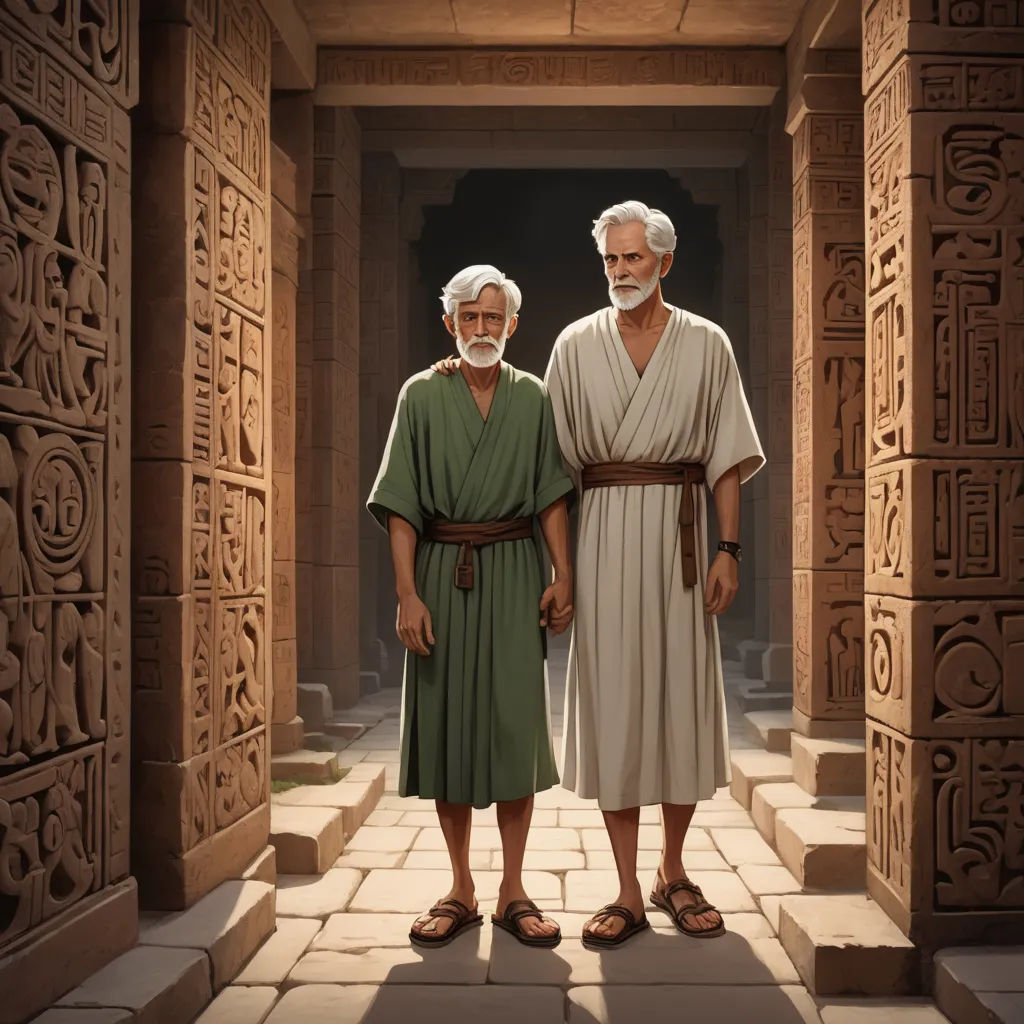
As they navigated through the labyrinth, they encountered carvings and symbols on the wall. These symbols matched with the riddle, assuring them they were on the right path.
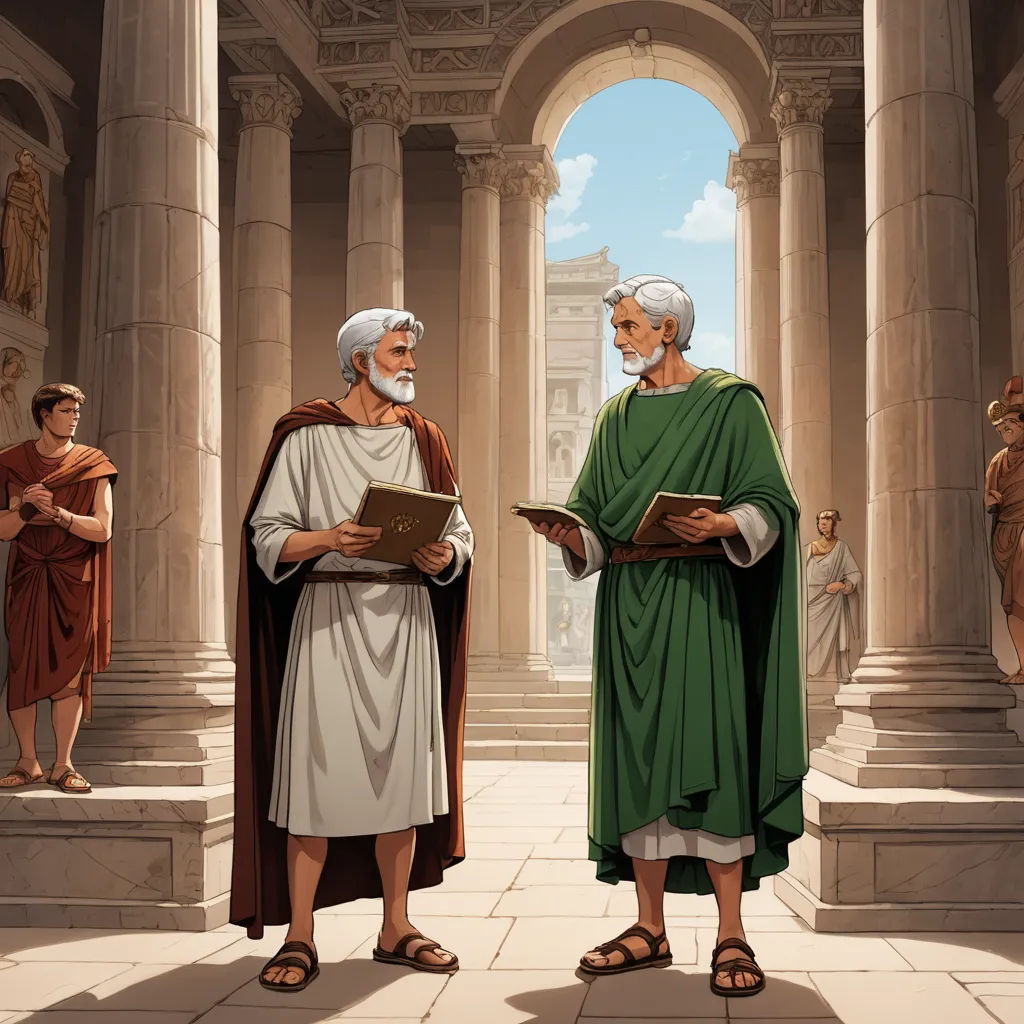
Finally, they reached a grand chamber, in the center of which stood a statue of a Roman Emperor, holding a scroll in his hand.
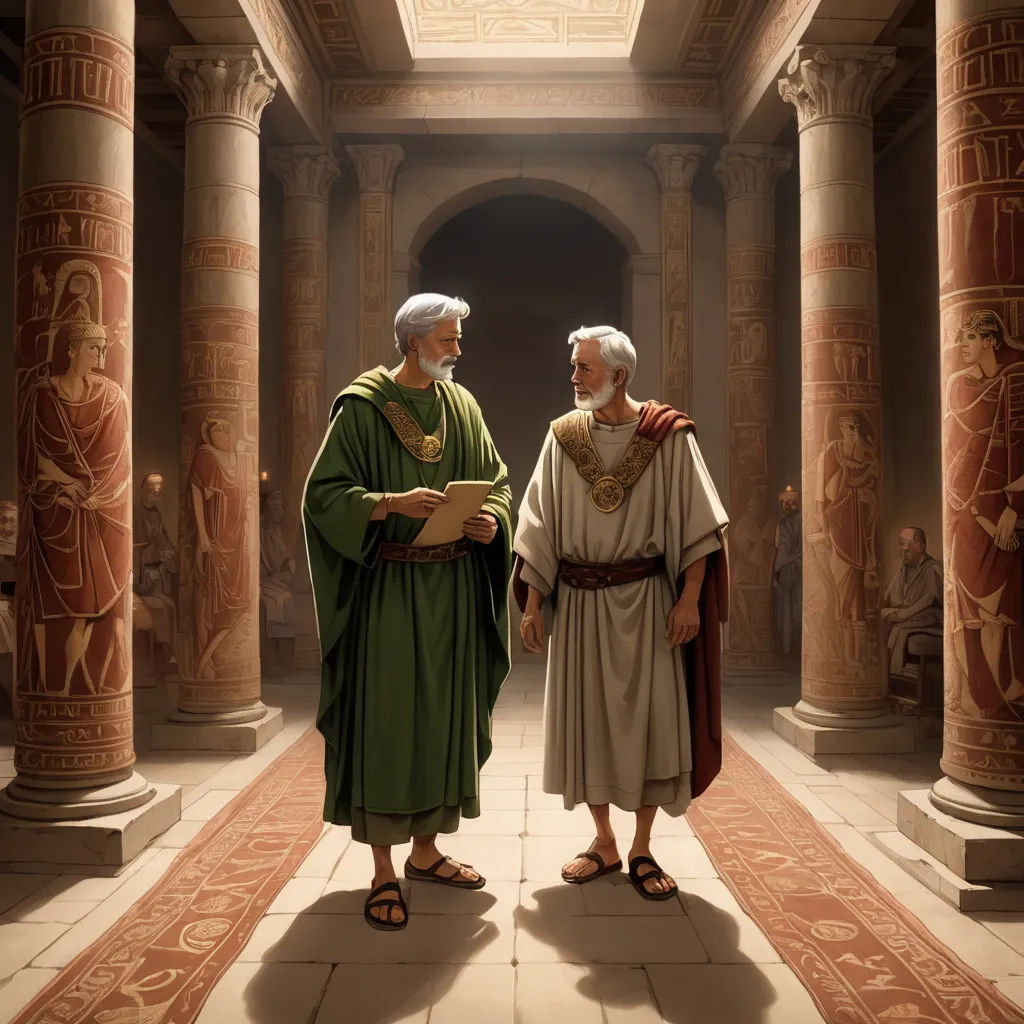
The scroll was the secret the riddle spoke of. It was a document written by the first Roman Emperor, detailing the creation of the empire and its early years.
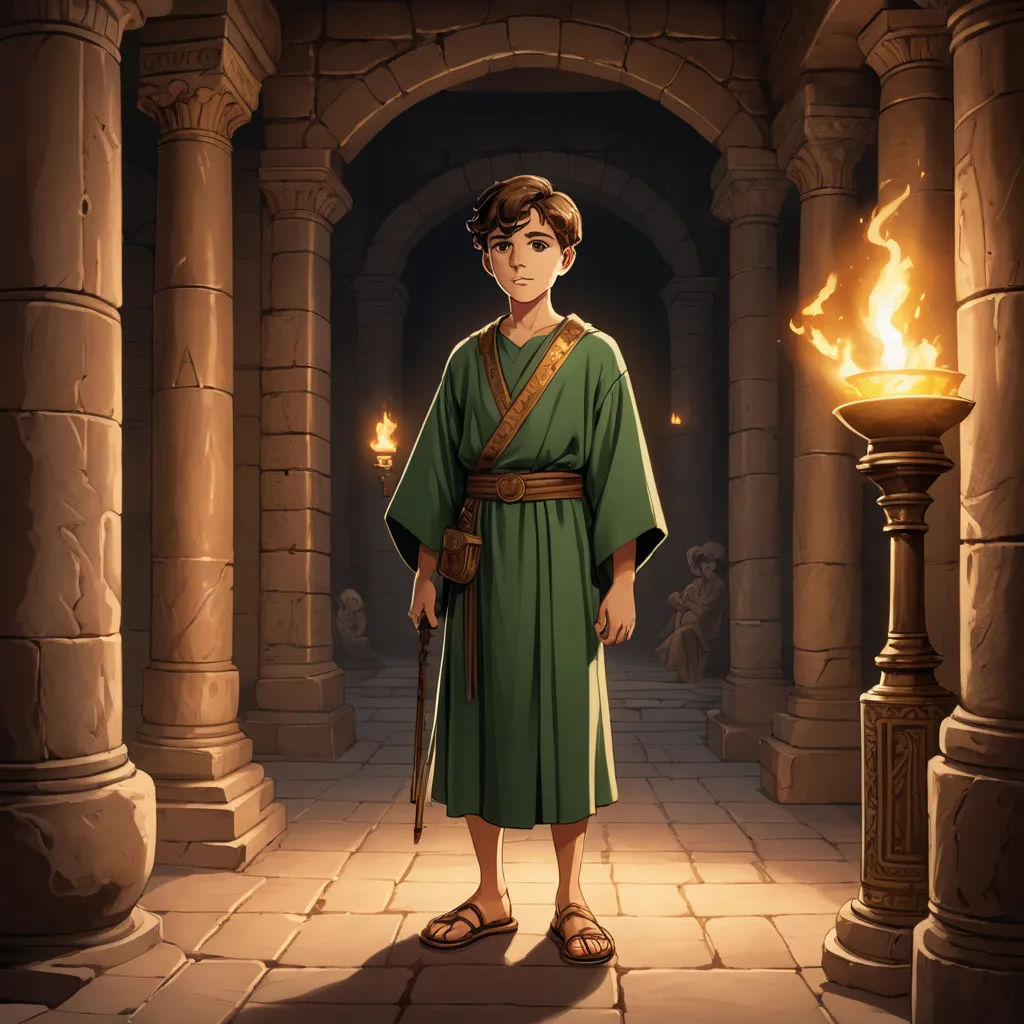
Marcus was filled with awe as he read the scroll. He felt a deep connection with the past and a newfound respect for the empire and its history.
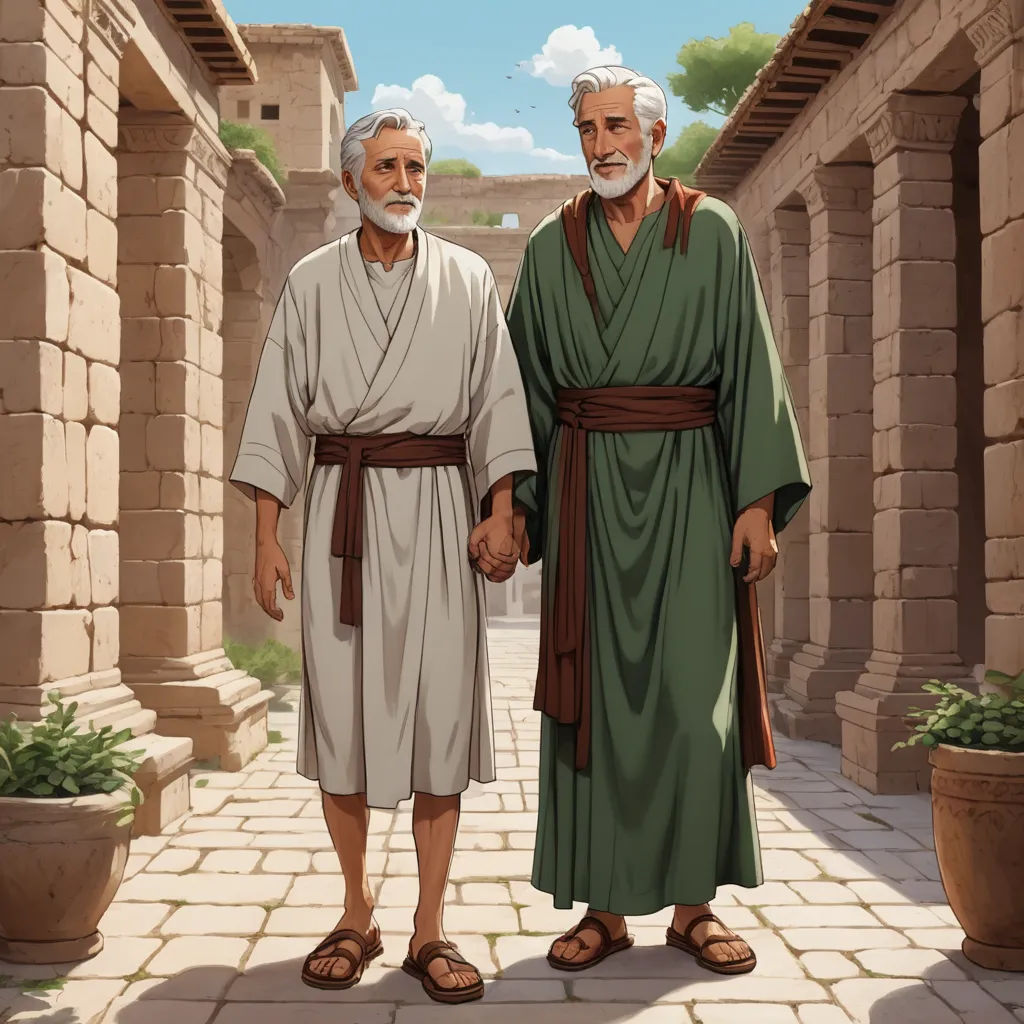
Lucius was overjoyed. He praised Marcus for his curiosity and courage, and for helping to uncover a vital part of the Roman Empire's history.
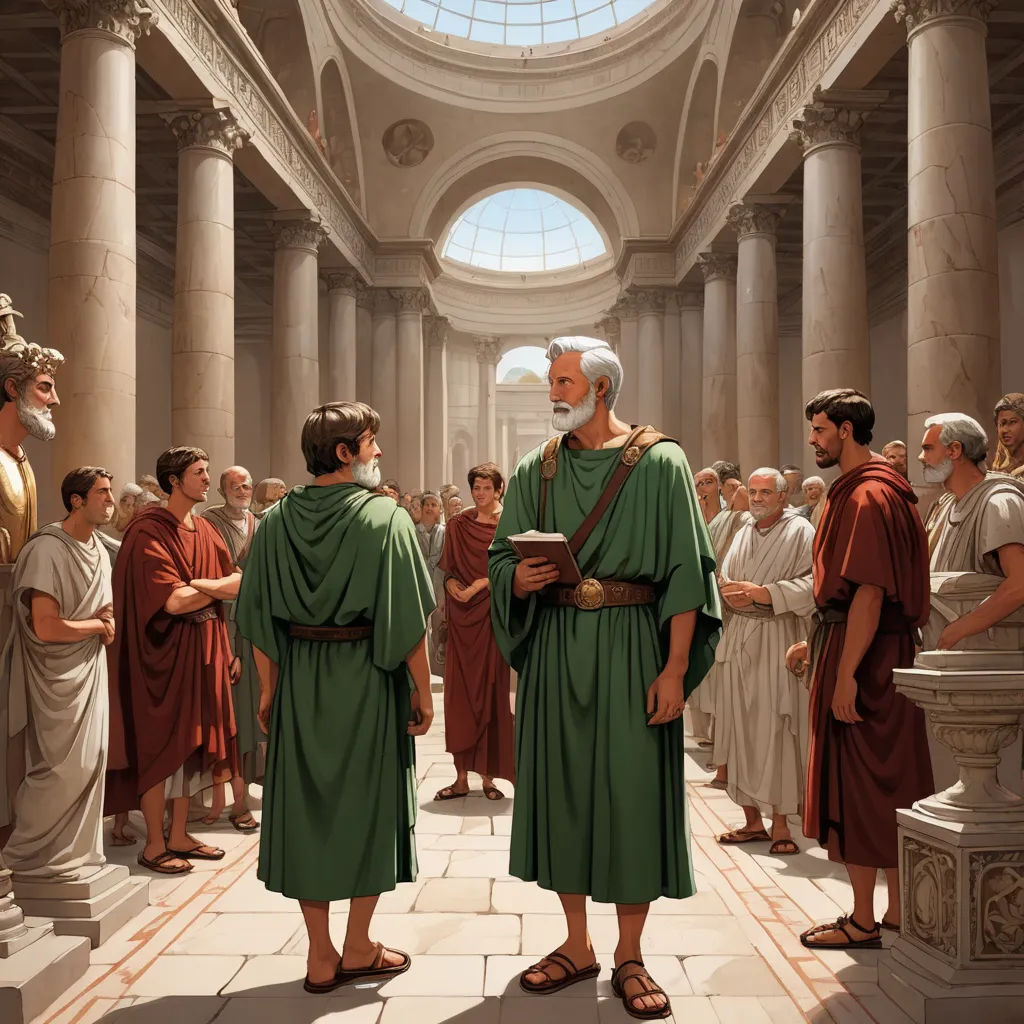
They decided to share the discovery with the scholars of Rome, contributing to the understanding and appreciation of the empire's rich history.
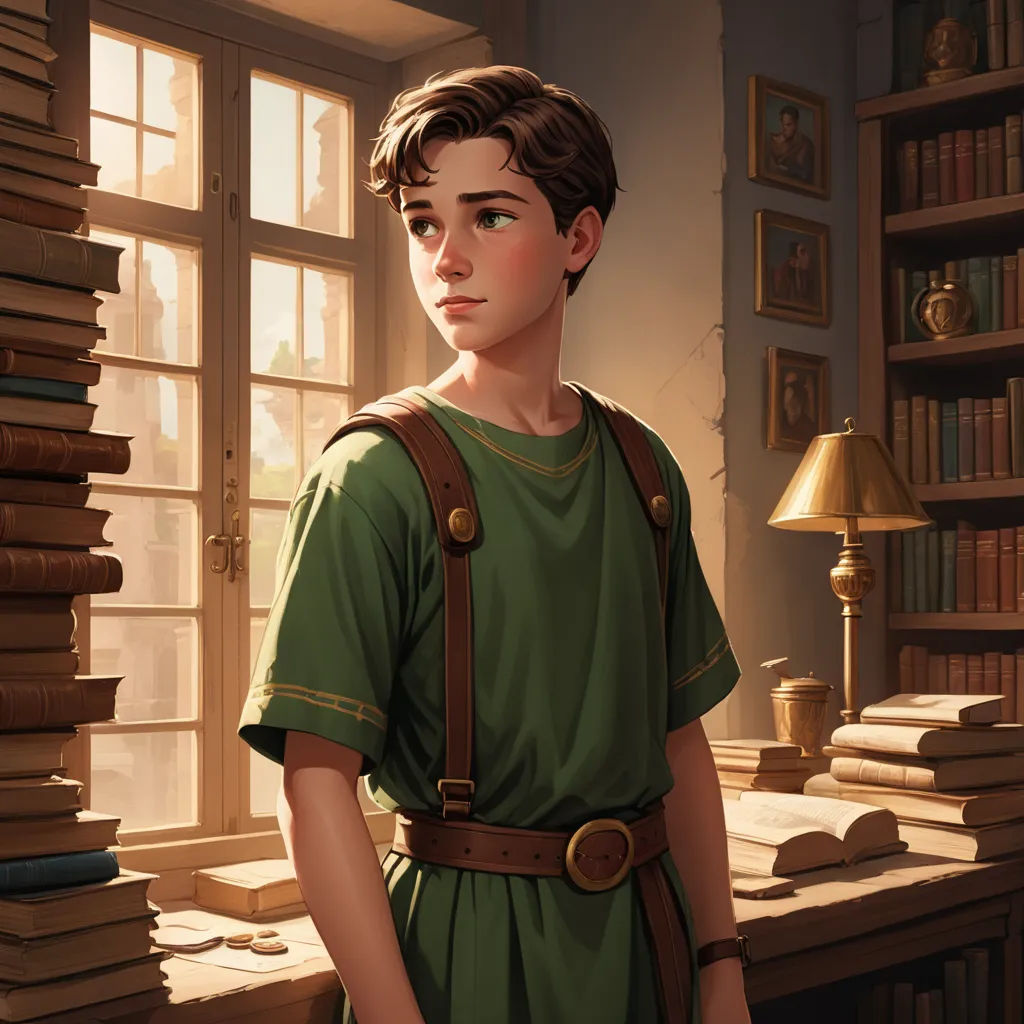
Marcus returned home, his heart filled with pride. He had not only solved the riddle but also discovered a part of his city's history that was forgotten.
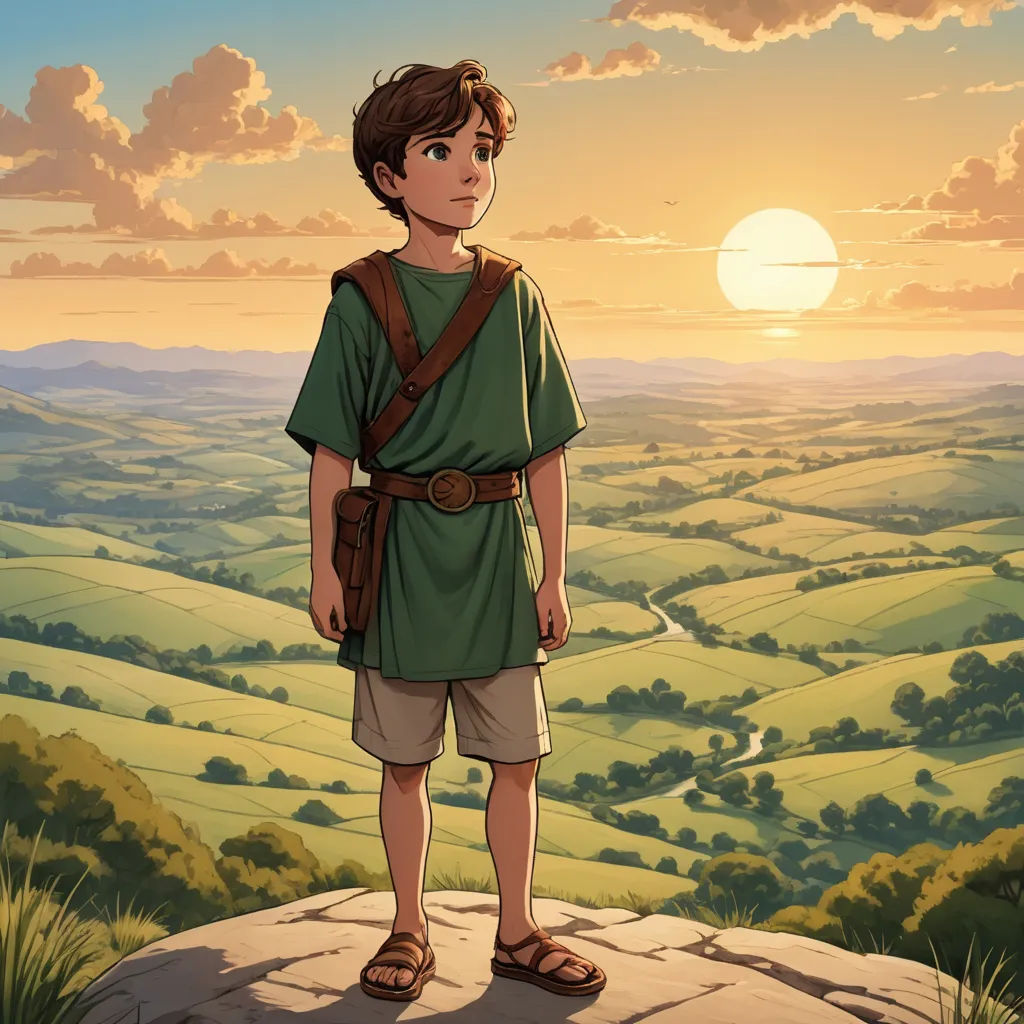
His adventures had taught him the importance of curiosity and the joy of discovery. He vowed to continue learning and exploring.
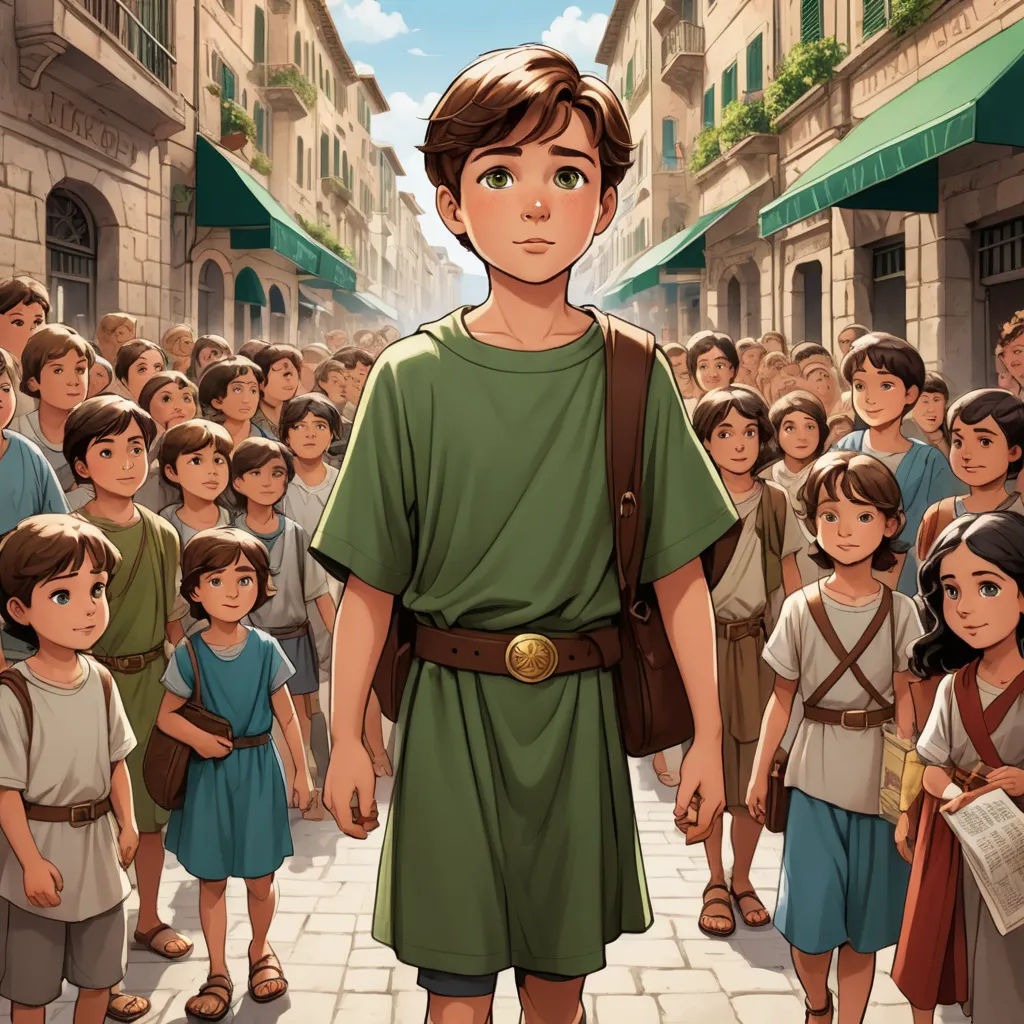
Marcus became a hero in his city. His story inspired many other children to study history, to be curious, and to explore the world around them.
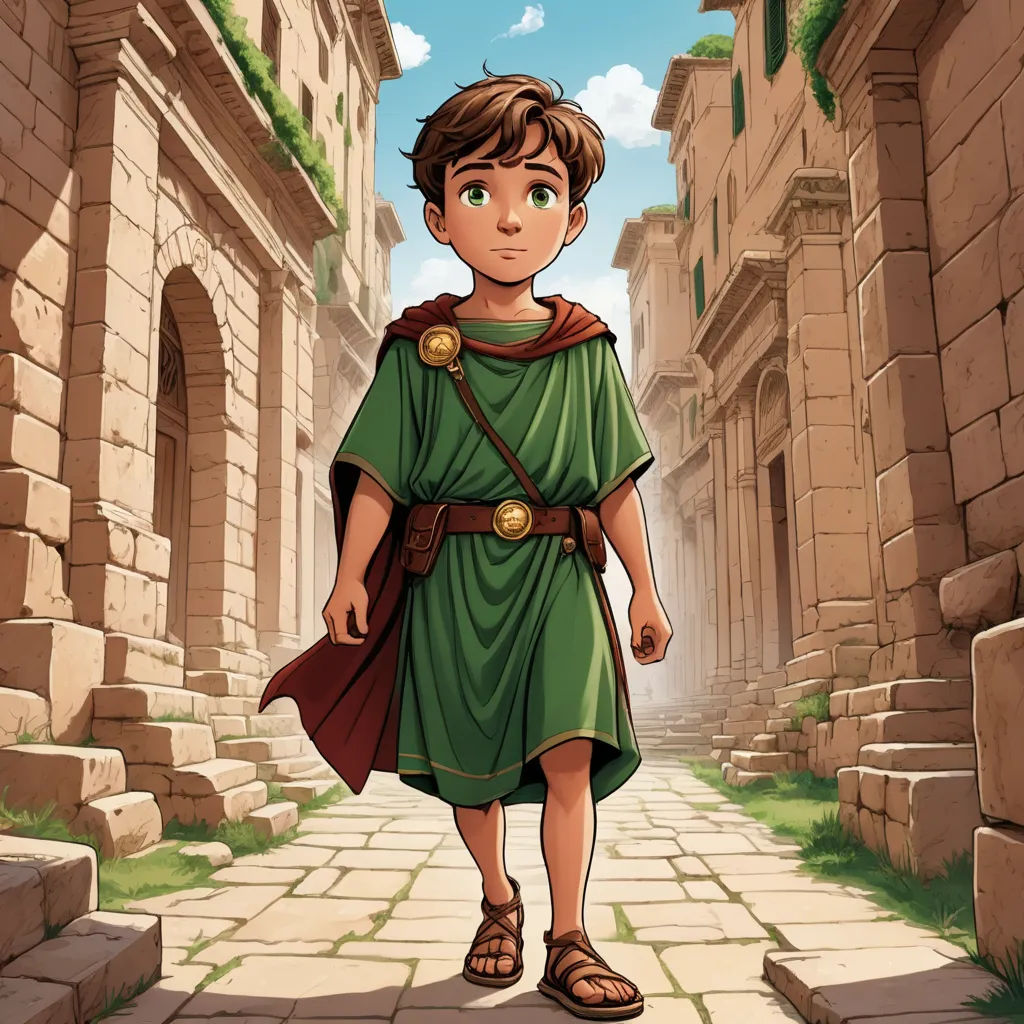
From that day forward, Marcus was not just a boy living in Rome. He was a young historian, an adventurer, and a solver of riddles.
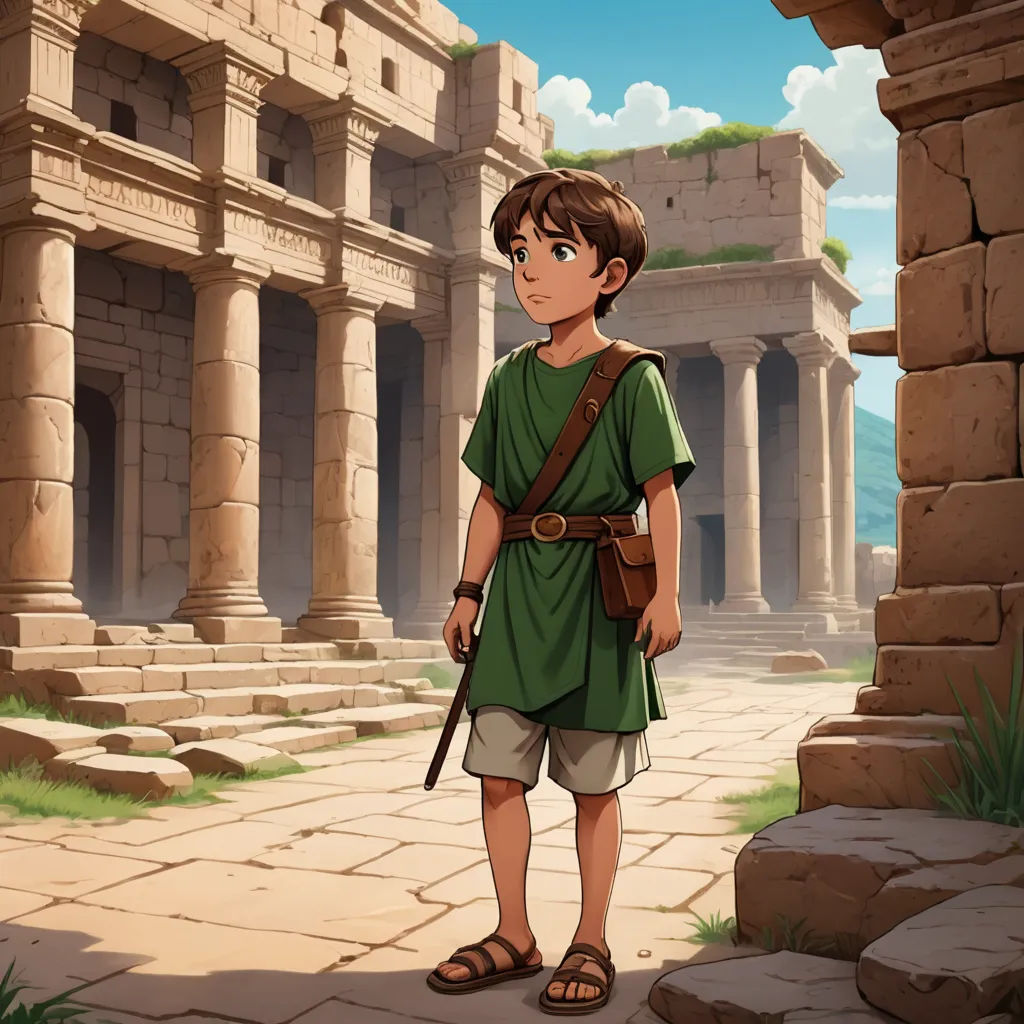
Marcus’s story is a testament to the power of curiosity and the thrill of discovery. It reminds us that the secrets of the past are often hidden in plain sight, waiting to be uncovered.
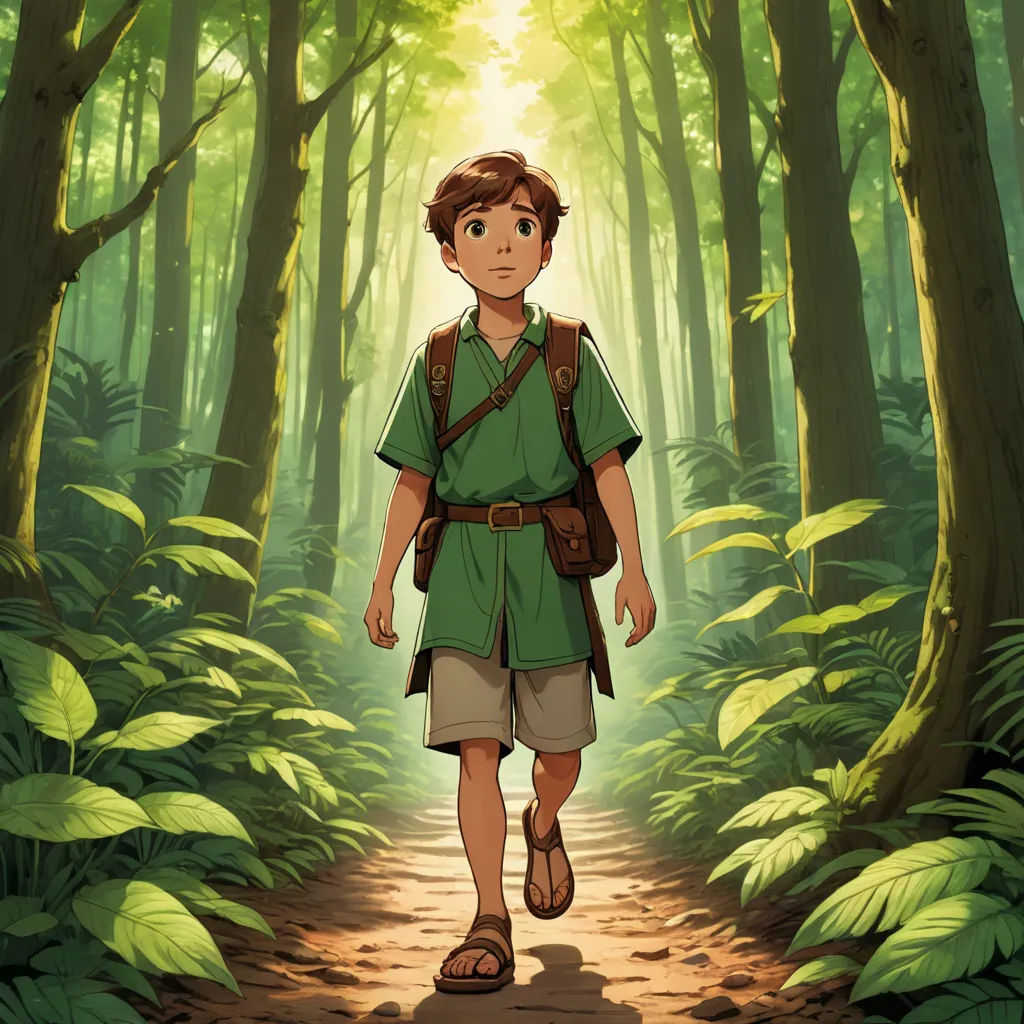
So, young readers, be like Marcus. Seek knowledge, ask questions, and never stop exploring. Who knows? Maybe you'll be the one to solve the next great riddle.